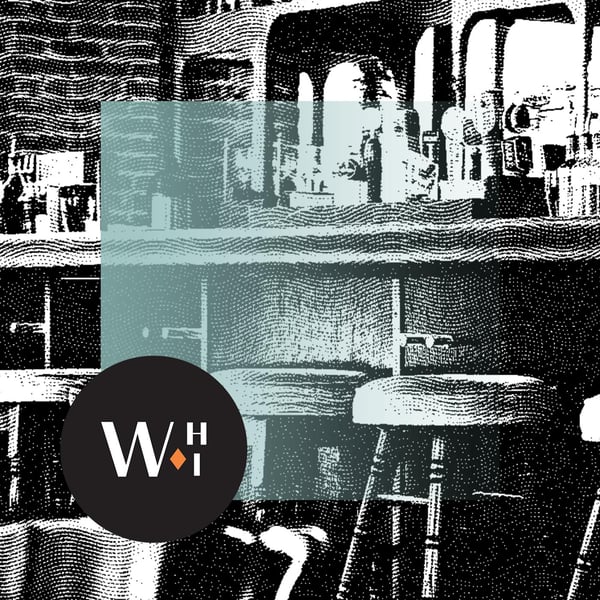Shall the Fundamentalists Win?
White Horse Inn
Sola Media
4.8 • 2.1K Ratings
🗓️ 5 November 2023
⏱️ 38 minutes
🧾️ Download transcript
Summary
During the 1920s, American Pastor Harry Fosdick wrote a sermon called, “Shall the Fundamentalists Win?” addressing the controversies he saw rising within American churches. As the ideas of Freud, Marx, and Nietzsche grew in cultural importance, they began to influence theologians as well. So, Fosdick argued, “The liberals must go.” In this episode of White Horse Inn, hosts Michael Horton, Justin Holcomb, Bob Hiller, and Walter Strickland take on the historical details of where fundamentalism came from, explaining how it weaved its way into the Church, and what happened after.
Transcript
Click on a timestamp to play from that location
| 0:00.0 | The Christians would look at this and say this is what the Bible says and the |
| 0:07.0 | liberal would say maybe it does but my reflections lead me to conclude otherwise |
| 0:11.9 | and so you have a theological method that starts with Schlieck lead me to conclude otherwise. |
| 0:12.6 | And so you have a theological method that starts with Schleamacher, |
| 0:15.6 | the feeling of utter dependence. |
| 0:17.2 | We drop some Harnack and Paul Tillick's methodology |
| 0:20.8 | of his kind of existential theology. |
| 0:22.1 | When you have a starting point that is, |
| 0:25.2 | I am going to stand above the Bible |
| 0:27.2 | and determine its authority and how it's going to apply, |
| 0:30.4 | you're often a completely different category. So what often would happen even with a sliramacher the truth value of the faith is what it |
| 0:38.0 | Evokes in us not what is objectively written down what's's this cash value for me personally? |
| 0:43.6 | Well, that's exactly. |
| 0:44.5 | William James, whose father, was a Swedenborgian theologian theologian. |
| 0:51.3 | Which is, I mean, a terrible theology but a cool name. |
| 0:54.6 | Like, don't you read it? |
| 0:56.6 | It sort of reminds you of the Muppets. |
| 0:59.6 | Oh my gosh, it does. I got it. applying the riches of the Reformation to the modern church. This is Whitehorse Sin, |
| 1:19.0 | a weekly roundtable discussion about theology and liberalism. |
| 1:40.3 | In the early 1920s, it was a pivotal time in the history of the American Church, but also in our broader culture. |
| 1:47.0 | The nation's assumptions about science, faith, identity, politics were all called in the question. Amid this cultural |
| 1:54.7 | whirlpool, an important tributary of the story revolved around Princeton |
... |
Please login to see the full transcript.
Disclaimer: The podcast and artwork embedded on this page are from Sola Media, and are the property of its owner and not affiliated with or endorsed by Tapesearch.
Generated transcripts are the property of Sola Media and are distributed freely under the Fair Use doctrine. Transcripts generated by Tapesearch are not guaranteed to be accurate.
Copyright © Tapesearch 2025.

